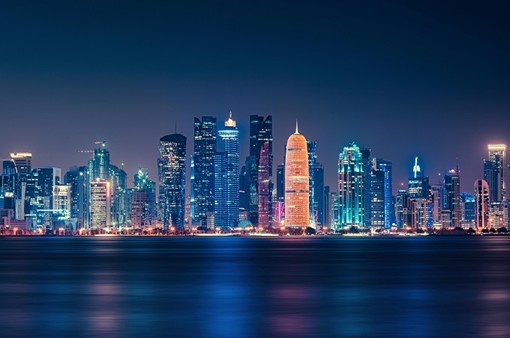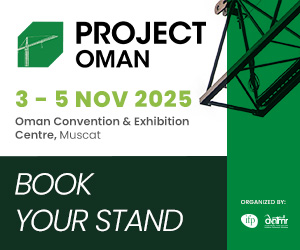Qatar’s construction industry is entering a transformative phase, driven by a strategic focus on economic diversification, technological advancement, and sustainability, according to a new report by professional services firm Turner & Townsend.
The Qatar Market Intelligence 2025 report highlights the country’s efforts to position itself as a regional leader in finance, education, tourism, and sports—objectives central to the Qatar National Vision 2030—with construction playing a vital enabling role.
Despite ranking as the second most expensive city for construction in the Middle East (with an average build cost of $2,631 per sqm), Doha benefits from one of the lowest inflation rates across the GCC. Turner & Townsend attributes this to prudent fiscal policies, noting that Qatar’s economy is on track to double in size by 2031, restoring revenue levels seen before the 2014 downturn.
Tendering conditions are also showing signs of improvement. With fewer but better-qualified bidders, the market is experiencing healthier competition and greater pricing stability.
The country’s development is now guided by the Third National Development Strategy (2024–2030), which reaffirms the construction sector’s central role in building economic resilience. Complementing this, the Ministry of Commerce and Industry is actively encouraging private sector collaboration and foreign direct investment.
Energy remains a key pillar of growth, with Qatar’s LNG expansion set to boost output by nearly a third. In parallel, the issuance of $2.5 billion in green bonds will finance renewable energy and sustainable infrastructure initiatives—underscoring the nation’s commitment to long-term, responsible development.
Tourism continues to be a growth engine following the 2022 FIFA World Cup. Qatar is targeting nearly 3.5 million visitors in 2025 and aims to welcome 6 million annually by 2030. This ambition is fueling demand for new hospitality and real estate projects.
Nonetheless, the report notes several challenges ahead. Rising regional competition—especially from Saudi Arabia’s infrastructure surge—is intensifying the demand for skilled labor, which in turn is driving up project delivery costs. Additionally, elevated shipping rates and limited domestic manufacturing capacity continue to affect tender pricing, despite local production gains.
“Qatar’s construction market is at a turning point,” said Michael Brady, Director at Turner & Townsend. “While cost and capacity issues remain, the country’s strategic vision and long-term investments are laying the groundwork for a resilient, future-ready industry.”
He added, “Sustainability, innovation, and diversification—particularly in digital and infrastructure development—are shaping a new era of growth. Stakeholders must remain agile, embrace digital transformation, and strengthen supply chains to stay competitive.”
Source: TradeArabia News Service



















































































